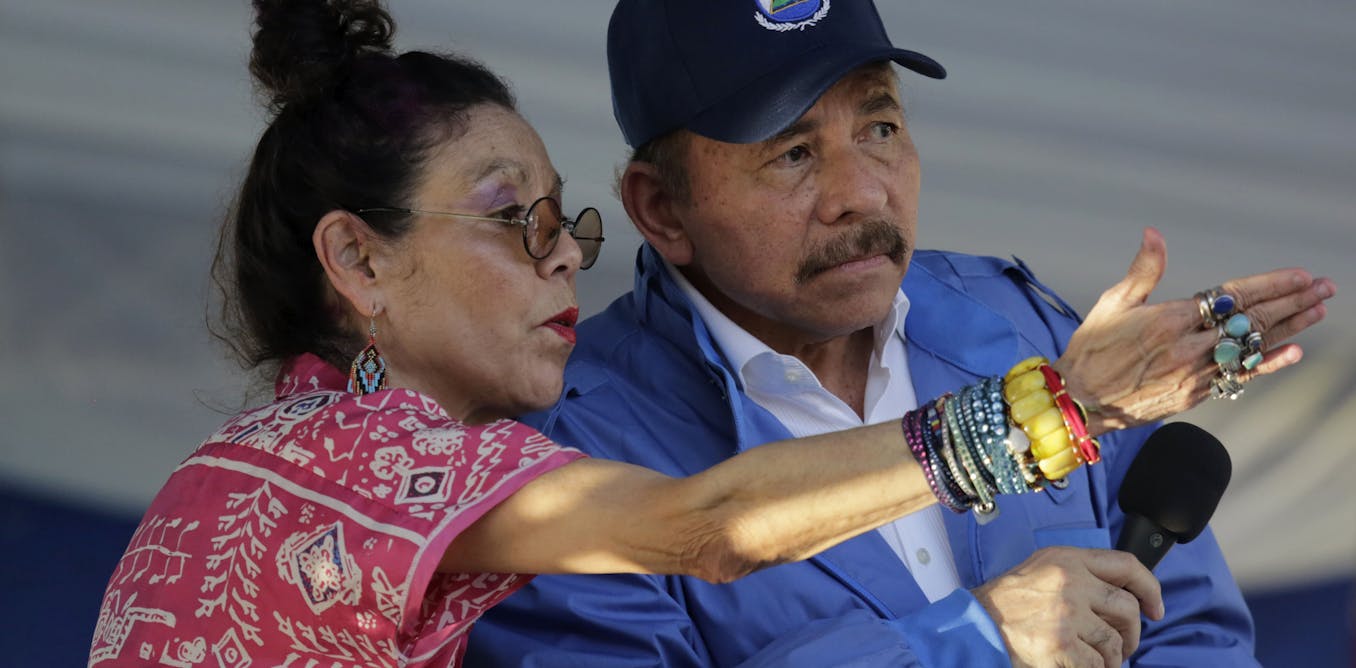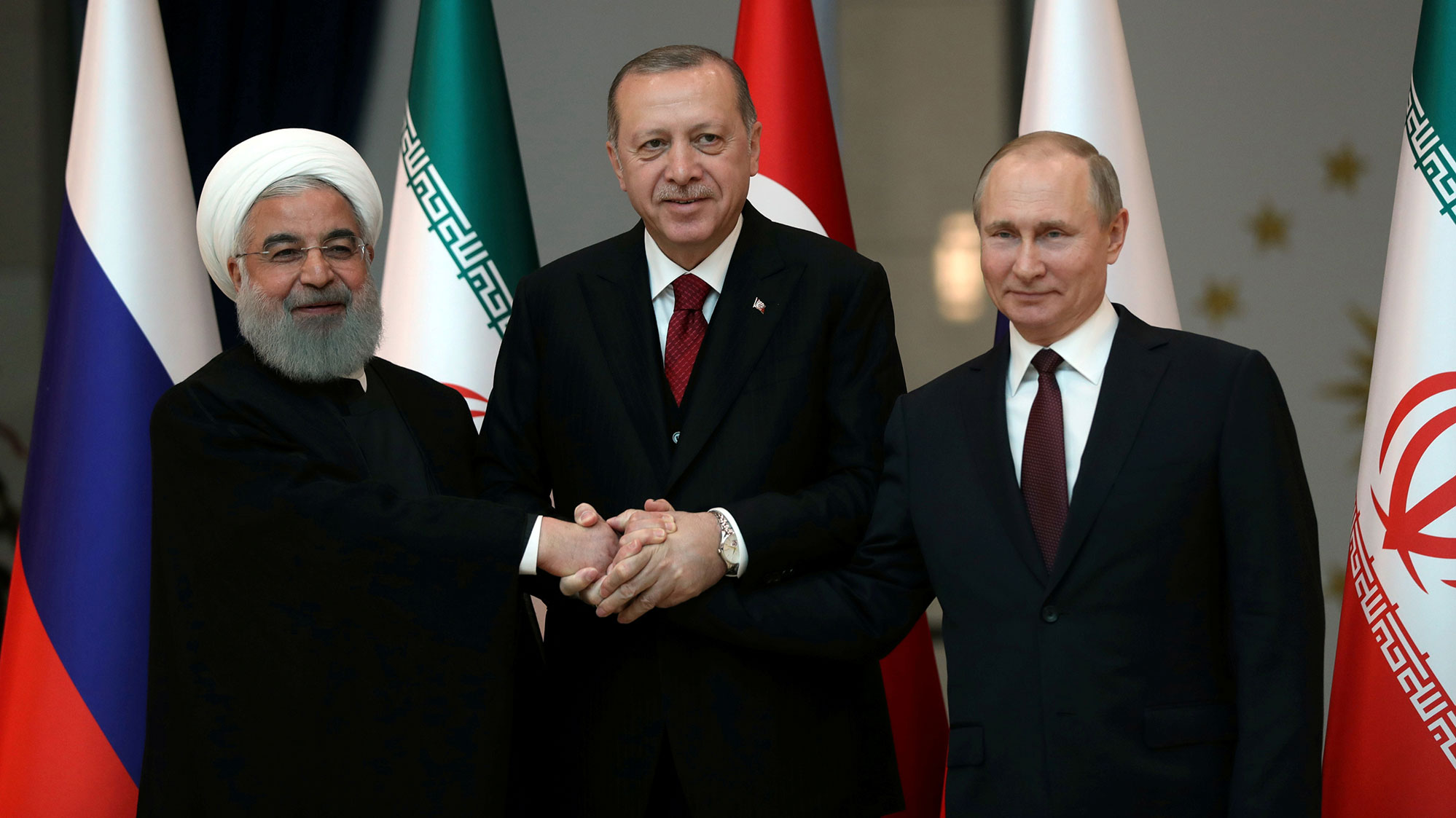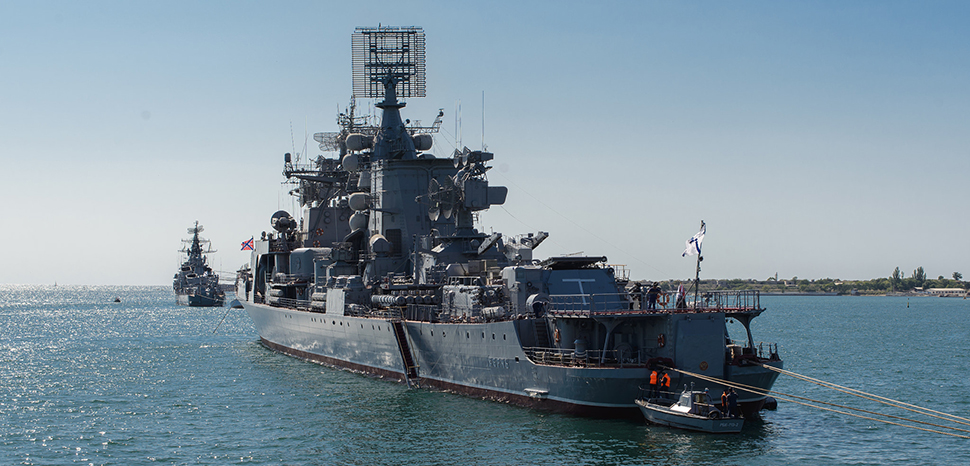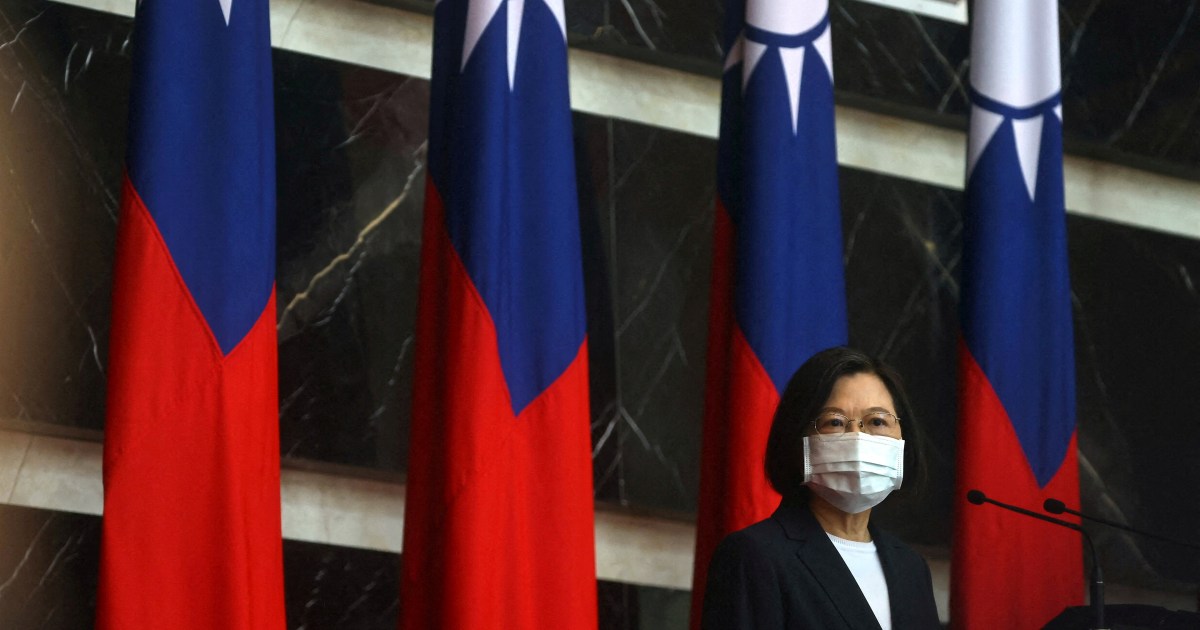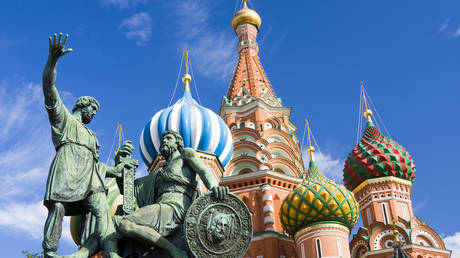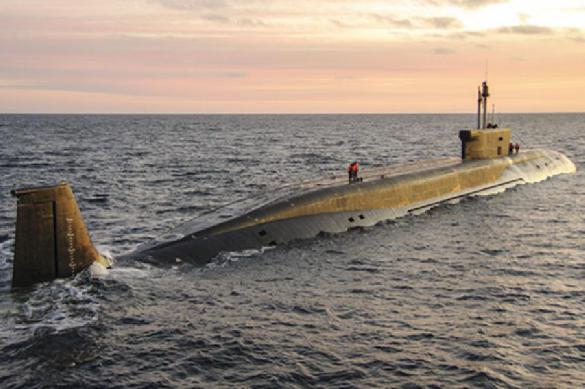[ad_1]
Nicaraguan President Daniel Ortega “received” a fourth straight time period on Nov. 7, 2021 – the second in a row together with his spouse, Vice President Rosario Murillo, as operating mate.
The vote has been referred to as a sham by the worldwide group, with President Joe Biden dismissing it as a “pantomime election that was neither free nor honest, and most actually not democratic.”
And for good purpose. Ortega and Murillo’s authorities has systematically arrested main opposition presidential contenders, leaving solely government-aligned “satellite tv for pc events” dealing with them within the election. An estimated 81% of Nicaraguans abstained from the vote.
As Biden’s quick condemnation might counsel, the election can also be a problem for the area and a headache for the US. As a specialist on political unrest in Latin America, I consider that Nicaragua’s deepening autocracy makes a mockery of efforts to help democracy and human rights whereas additionally elevating the danger of furthering a refugee disaster.
From revolutionary to oppressor
The results of Nicaragua’s election – with the Ortega-controlled electoral fee claiming he’s successful round 75% of the vote – cements the ruling couple’s continued maintain on energy amid more and more repressive ways.
As soon as a leftist revolutionary who helped lead Nicaragua within the Nineteen Eighties, Ortega desperately sought to return to energy after Nicaragua’s 1990 democratization. After reducing offers to reshape the political system, Ortega received the 2006 elections and has been in energy since, with fraud accusations round each subsequent vote.
Mass pro-democracy protests in 2018 shook the regime’s basis however had been brutally repressed, with lots of killed.
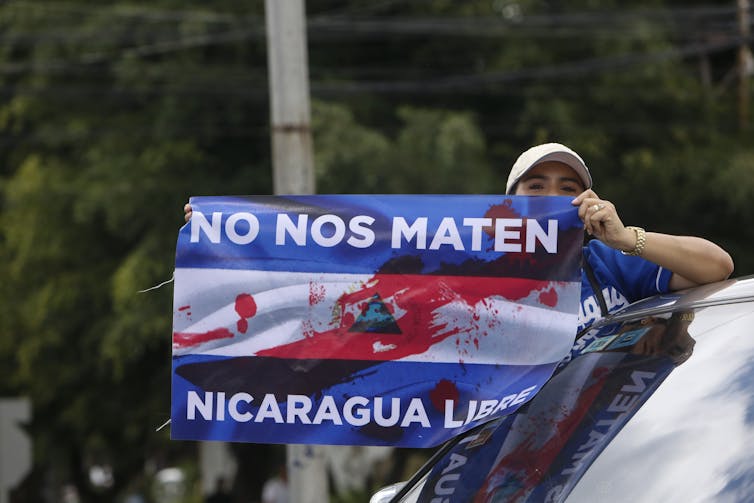
Anadolu Company/Getty Pictures
Nicaragua’s persons are left with a authorities that bans protests, threatens journalists and ignored and denied the COVID-19 pandemic’s severity.
The Ortega-Murillo household and their mates within the Sandinista Nationwide Liberation Entrance (FSLN) celebration rake in hundreds of thousands of {dollars} from government-supported companies, whereas most Nicaraguans stay impoverished.
Within the face of repression, the opposition has fragmented and struggled.
Harmful precedent for area
This slide into dictatorship poses challenges for the US and pro-democracy worldwide actors. After successful the presidency in 2006, Ortega steadily eroded the nation’s democratic establishments, utilizing the courts to take away time period limits and allow his perpetual rule.
The Ortega-Murillo household has established a media empire and brought over authorities posts because it seeks to create what seems like an authoritarian household dynasty.
Successive U.S. governments have cooperated with Ortega on points resembling free commerce, anti-drug trafficking efforts and halting northbound migrants at Nicaragua’s southern border. However the more durable stance indicated by Biden’s feedback on the election mirror the fact that Nicaragua’s decline has the potential to additional destabilize the area.
Democracy’s demise in Nicaragua is a part of a deeper disaster in Central America. The previously leftist Ortega has embraced Honduras’s repressive right-wing President Juan Orlando Hernández, who could also be in search of refuge in Nicaragua from drug trafficking and corruption prices. El Salvador’s brash president Nayib Bukele, described by critics as Latin America’s first “millennial authoritarian,” has been following Ortega’s democratic erosion playbook by utilizing the navy to intimidate opponents and changing unbiased officers with loyalists.
El Salvador’s and Honduras’ issues are their very own, however Ortega has set a harmful precedent for the area by retaining energy by means of political manipulation and violence.
Sanctions and refugees
The U.S., European Union and different democratic nations like Canada and Switzerland have sanctioned Ortega-Murillo authorities officers and related corporations.
These focused sanctions have been a expensive thorn within the regime’s facet, however as usually occurs with sanctions, they haven’t led to regime collapse; Ortega and Murillo have as an alternative shuffled belongings and associates to guard their energy.
The RENACER Act that the U.S. Congress handed on Nov. 3 requires contemplating Nicaragua’s suspension from the Dominican Republic-Central America Free Commerce Settlement, and there may be strain on the Worldwide Financial Fund to finish its loans to the Nicaraguan authorities. But such strikes may harm poor and middle-class Nicaraguans greater than the regime.
No matter new worldwide measures, the election itself will inhibit international funding and deepen Nicaragua’s financial disaster.
This might spur extra Nicaraguans to flee the nation. Over 100,000 individuals have left since 2018, primarily to Costa Rica. Many at the moment are making the damaging journey north towards the U.S., too.
Hundreds of Nicaraguans sought to enter the U.S. in current months amid Ortega and Murillo’s preelection crackdown.
[Get The Conversation’s most important politics headlines, in our Politics Weekly newsletter.]
The Biden administration has mentioned it needs to cut back migrant arrivals from Central America. However with out safety, political freedoms and financial alternative at residence in Nicaragua, individuals will possible proceed to hunt a greater, safer life elsewhere.
A Russian crimson herring?
Whereas the potential for a refugee disaster is an actual concern for the US, one situation addressed by the RENACER Act – Russian relations with Nicaragua – is, I consider, of restricted concern. Russian help shouldn’t be crucial to the Ortega-Murillo authorities’s survival. The Nicaraguan military, police and paramilitaries have greater than sufficient weapons to manage the nation.
And whereas Russian surveillance and cyberwarfare capabilities are little doubt welcomed by Ortega, they merely increase the Nicaraguan authorities’s preexisting spy ware and sturdy on-line troll community.
Russian help issues most in blocking motion in opposition to Nicaragua on the U.N. Safety Council. However moderately than Chilly Battle-like ideological struggles, Russian ties with Ortega merely mirror autocrats cooperating with one another. With Nicaragua’s authorities rejected by most nations within the Americas and Europe, different pariah regimes are pure allies.
Following the newest blow of the “sham” election, the short-term prospects for democratization in Nicaragua seem slim. For worldwide actors such because the U.S., Nicaragua’s tragedy serves as a warning: As soon as a rustic begins slipping towards dictatorship, it may be troublesome to cease.
[ad_2]
Source link

